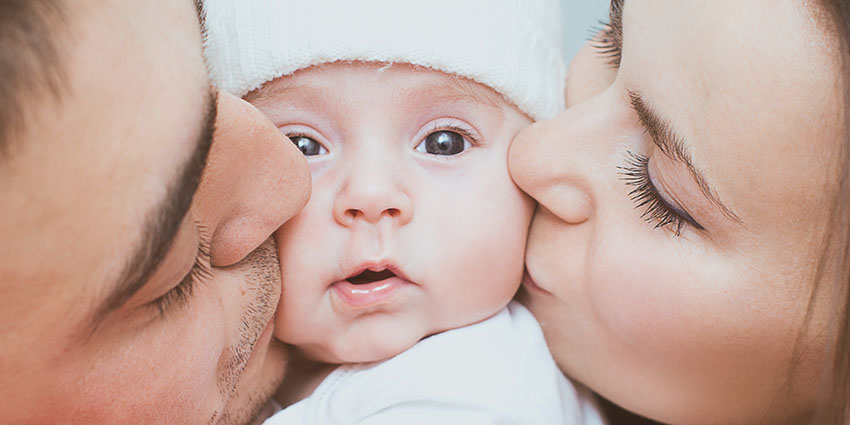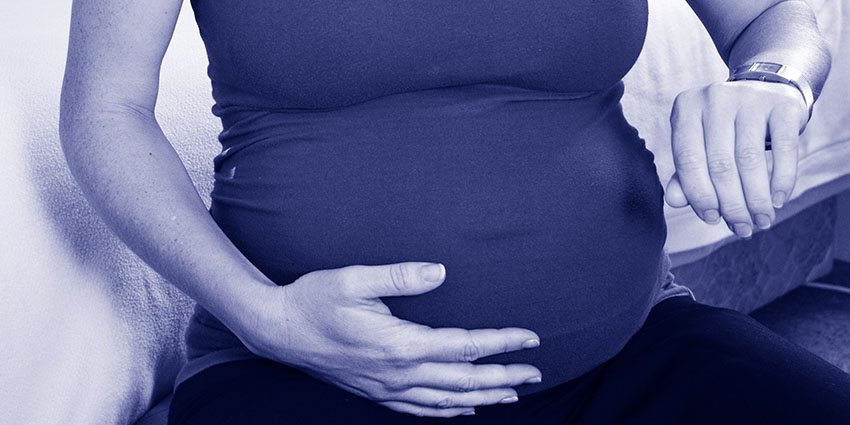The feelings of sadness and other symptoms that are part of postpartum depression are often a complete surprise to new moms, especially when “everything is fine”.
Even when the birth was wonderful, the baby is “perfect”, and your support system is strong and available you can still suffer with postpartum depression (PPD). It does not mean that you don’t love your baby or being a mom.
PPD is not the same for everyone but if symptoms like those listed below last for more than 2 weeks, you should consider talking with your provider.
- Inability to sleep or sleeping too much
- Sadness, crying or feeling down most days
- Anger or rage
- Overwhelming fears or anxiety especially if they are unfounded
- Feeling hopeless or empty
- Having trouble bonding with your baby
- Feelings of wanting to hurt yourself or others
If you have a few of the above symptoms occasionally and they disappear by the time your baby is 2 weeks old, we call that postpartum “blues” and that will most likely resolve on its own. Those symptoms may be due to fatigue, lack of sleep, hormonal changes or family stressors.
True PPD can be debilitating and unrelenting. Women often feel guilty or like they are a bad mother, and these thoughts are destructive. The main reason for PPD is hormonal. Pregnancy is what we call a progesterone dominant state which means that progesterone (a female hormone that your body produces) is very high during pregnancy which is a good thing during pregnancy.
After delivery of the placenta this state changes and progesterone levels fall drastically. It is this fall in progesterone levels that we believe causes the symptoms of PPD which can occur anytime within the first year after the birth of a baby. The risk for PPD is higher if you had depression previously or a history of PPD with a previous pregnancy even if it was never treated.
The good news is that many women can experience relief from these symptoms with medication alone, or with a combination of medication and counseling. The important thing is that you do not wait until your 6 week check up with your physician, midwife or nurse practitioner to talk about your symptoms.
If you do not feel like someone is listening to you about these symptoms or that they tell you “you are just tired, it will get better when the baby is sleeping more” or anything else like that, please do not stop there, seek out help for this common problem!
Related Posts








